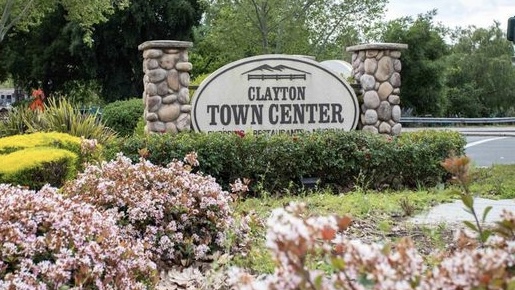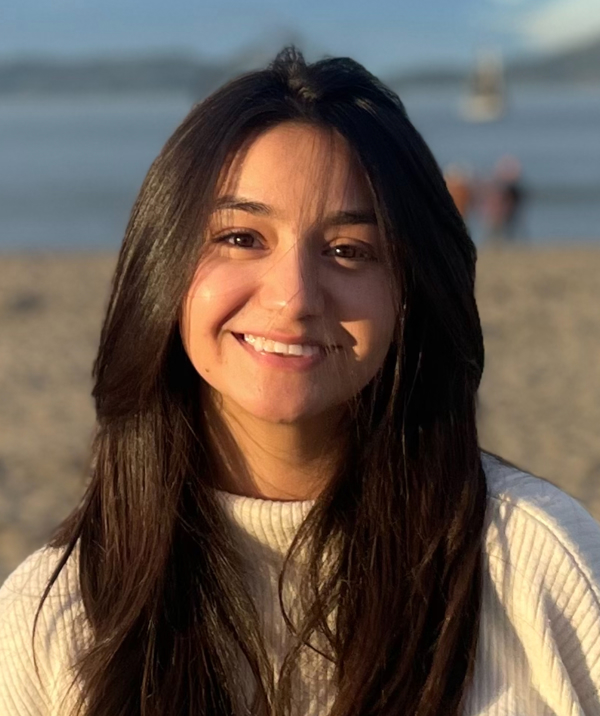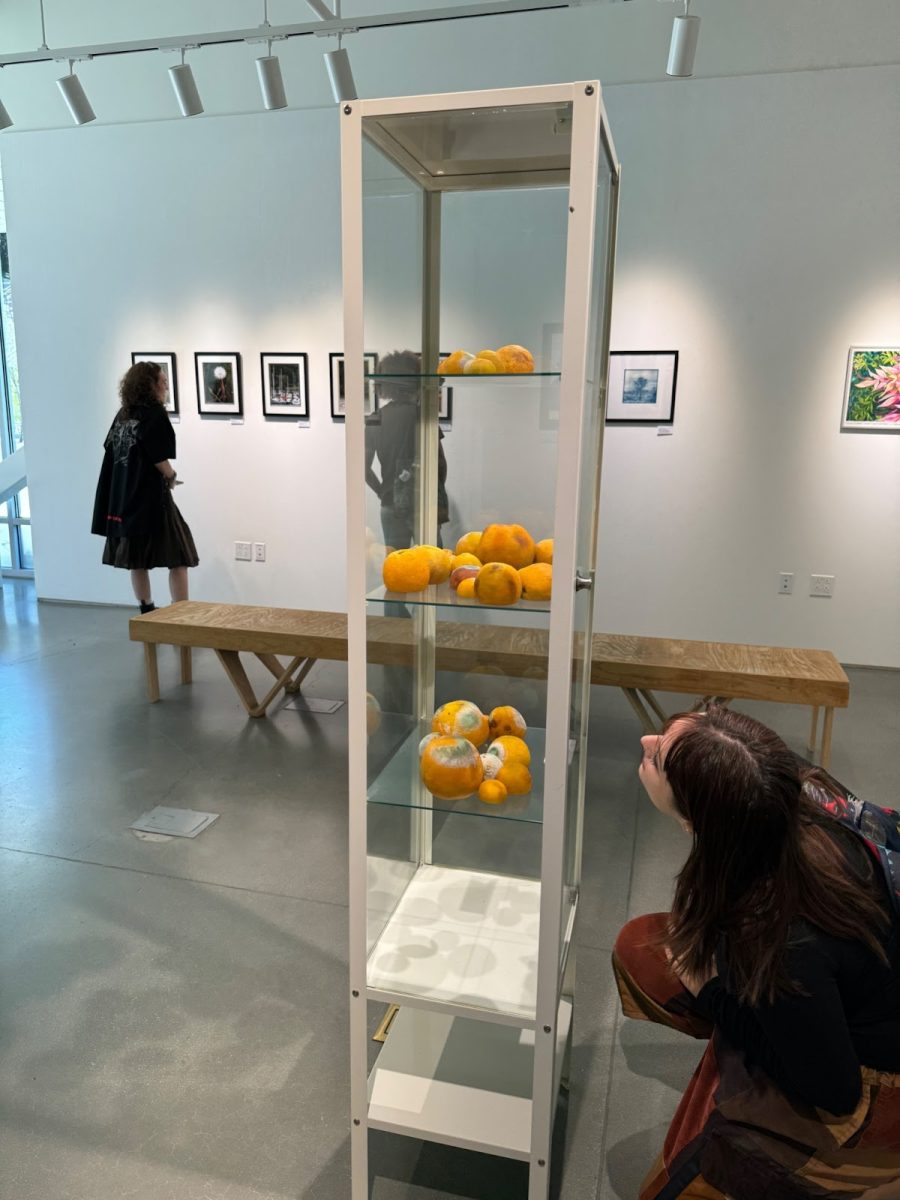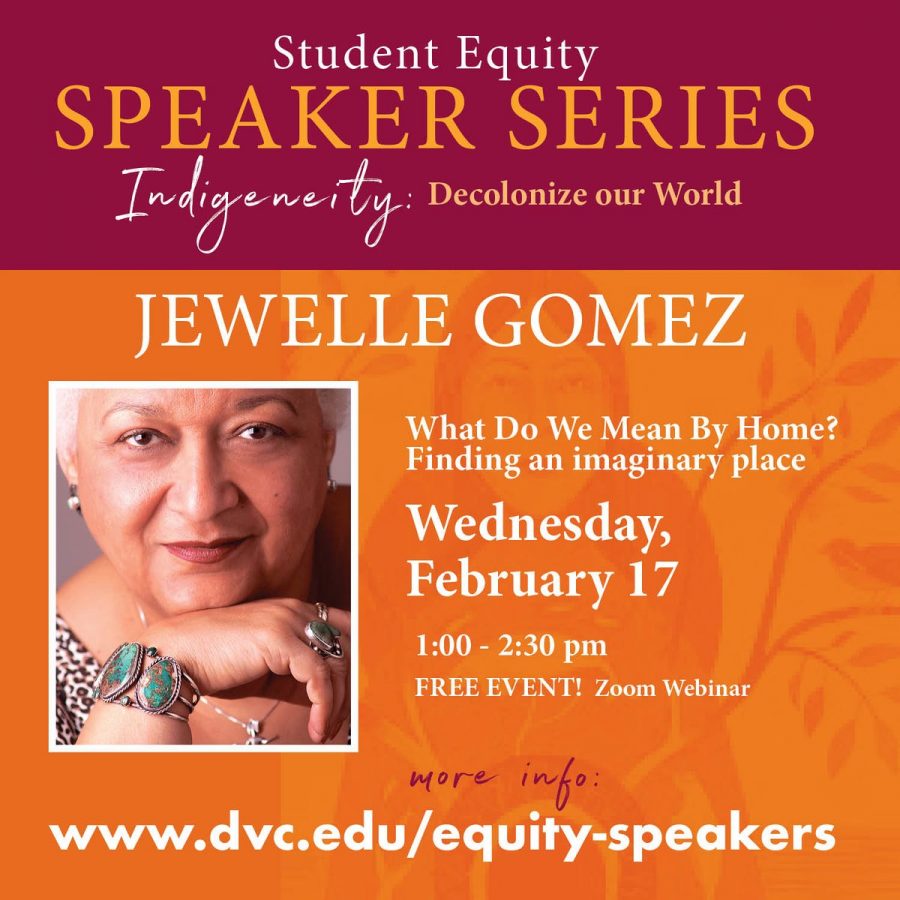Finding a Home: How Jewelle Gomez Discovered Herself, and a Place of Safety, Through the Past
February 25, 2021
As an African American and Native American woman, Jewelle Gomez has been confronting racism since she was a child growing up in Boston. While attending an all-girls high school there, Gomez was asked the same two questions at the beginning of every year: “What is your name?” and “Where are you from?”
Gomez always told people she was from Boston. But she felt people didn’t like that an African American came from their city, and many even seemed to believe that all Native Americans were dead. In her senior year, Gomez finally had enough and found the courage to tell people that her Boston lineage went as far back as her grandmother – and that her ancestors were Native American.
It was a moment that showed her the importance of finding a home within her past and the lives of her ancestors, despite the costs. “We want this country to be our home,” she said, “but these people do not want us to have that right.”
A longtime activist, poet and author, Gomez spoke at a Diablo Valley College Equity Speaker Series event on Wednesday, Feb. 15. There, she recounted her story while advocating for people of color, indigenous people and the LGBTQ community to also find their home – not necessarily a physical one, but what she referred to as “psychic safety.”
Gomez encouraged the audience to find home in similar places and ways that she was able. “Home is in our hands,” she said. “Just as my great grandmother provided home for me, these historic figures and social movements provide a place for us in a context so we have a home no matter where we come from.”
Gomez referred to various historical and political figures who were able to “break the glass” of oppression and become successful despite the hate, prejudice and other societal factors they faced. She cited Michelle Obama as a prime example: a black woman who rose to the very top of American society.
Gomez alluded to the many struggles individuals throughout history have had to face, who today’s generation can look to for lessons that can inform their own response to issues that arise today. For example, the LGBTQ community was exploited in pop culture, women were seen as too dumb to vote, and African Americans were victimized by the KKK, Gomez said.
These were just a few examples of the mountains people had to climb, she told her listeners. And while many of the issues may seem to be resolved, they are not. The United States is still inflicted with violence directed towards people of color and the LGBTQ community, Gomez said. For this reason, she stressed the importance of reaching into our collective past to find comfort and power in how others navigated similar difficulties.
Gomez encouraged the audience, wherever they came from, to explore their own history in order to achieve a level of psychic safety. While not everyone may be able to find this safety within their home or family, she added, everyone has the ability to reach into their past to find a home.







































































